
In addition to the hundreds of sessions and events, ACC has partnered with the World Heart Federation, bringing an international focus to the meeting.

In addition to the hundreds of sessions and events, ACC has partnered with the World Heart Federation, bringing an international focus to the meeting.

Patients with atherosclerotic cardiovascular disease who were already receiving statin therapy had a reduction in adverse cardiovascular outcomes with earlier initiation of evolocumab.

In part 1 of this panel discussion, experts address how they define traditional versus nontraditional oncology pharmacy roles today, as well as the benefits and drawbacks of pursuing such a career path based on their experience.
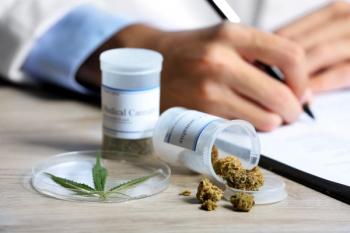
This action is of considerable significance as it supports the regulation of cannabis and cannabis-derived products as medicine under the Federal Food, Drug and Cosmetic Act.

Sodium oxybate is currently being studied for long-term safety and tolerability in the open label RESTORE clinical study in adults with narcolepsy.

American College of Cardiology President Edward Fry, MD, FACC, discussed what attendees can look forward to at the 2023 Scientific Sessions.
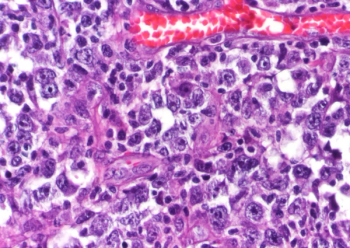
At 36 months, the overall survival rate of patients with relapsed/refractory B-cell acute lymphoblastic leukemia administered brexucabtagene autoleucel was 47.1%, with a median overall survival of 26 months.

The efficacy of 2 doses against Omicron infection was highest when the second vaccine dose was given in the third trimester of pregnancy compared with the first or second trimesters.
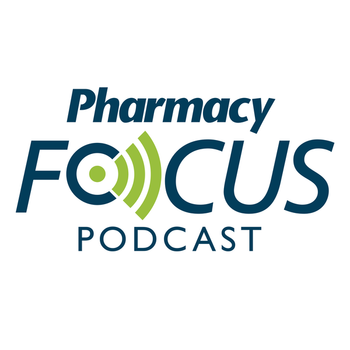
Sarah Gray, BPharm, an integrative nutritionist and the Nutrition Pharmacist, discusses the importance of National Nutrition Month.

The approach was based on previous research suggesting that foods rich in carotenoids, lycopene, certain B vitamins, and omega 3 fatty acids improved fatigue in survivors of breast cancer.

Investigators noted medication prescription disparities among patients with dementia despite factoring for age and sex.
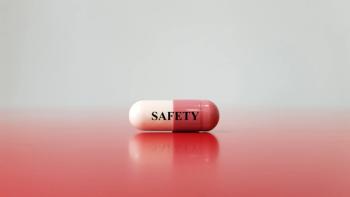
Broad and successful implementation of technologies in complex health systems presents challenges, but is essential.
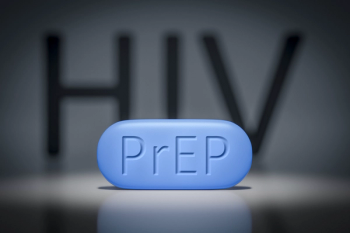
The partnership to deliver HIV medications will reduce transportation and access barriers for patients, especially in underserved communities.

Just a few short years ago there was a pharmacist glut; is there really a shortage now, or is a deeper labor market contortion occurring?
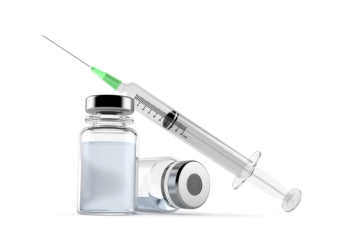
Due to the success of mRNA technology with COVID-19, there has been a significant increase in research looking into utilizing mRNA technology, and more specifically, how it can help to advance vaccine development.
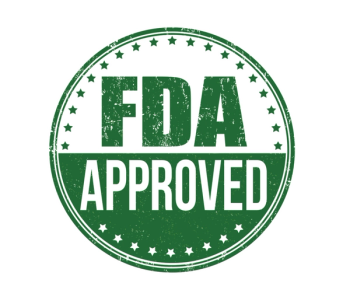
The 10 mL ready-to-administer pre-filled syringe in the first FDA-approved pre-filled syringe in this dosing size.

David Dalton, PharmD, CEO of Univec, addresses how the pharmacist is ideally positioned to support the technological transformation that is occurring in health care today.

The inaugural Oncology Pharmacists Connect is directed toward pharmacists practicing in oncology in multiple practice environments.

Vitamin D may reduce the risk of dementia because it clears amyloid that accumulates in the brain.

Nivolumab met its primary endpoint of recurrence-free survival, reducing the risk of recurrence or death by 58% versus placebo in patients with completely resected stage 2B or 2C melanoma.
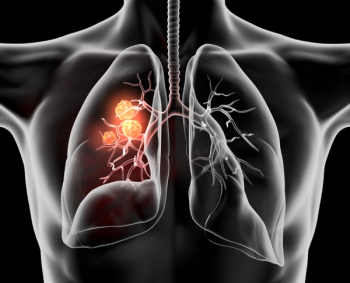
Pembrolizumab showed statistically significant improvement in the event-free survival of patients with resectable stage 2 or 3 non-small cell lung cancer.
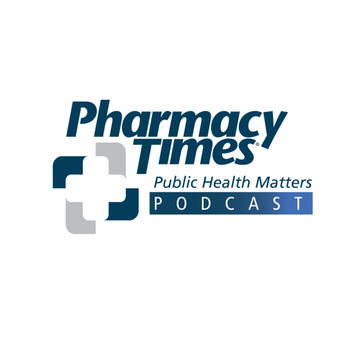
Bruce Berger, PhD, president of Berger Consulting LLC, discusses how pharmacists should best use motivational interviewing for patients.

Pharmacy Times® commits to incorporating DEI concepts into our coverage and focusing on social determinants of health (SDOH).

Pharmacy Times® commits to incorporating DEI concepts into our coverage and focusing on social determinants of health (SDOH).

Therapy consists of high-dose abatacept, ruxolitinib, and proactive monitoring for respiratory muscle involvement.

The FDA set a Prescription Drug User Fee Act for May 2023 for Pfizer’s respiratory syncytial virus bivalent vaccine candidate.

Friedreich’s ataxia is a rare neuromuscular disease that affects approximately 5000 patients in the United States.

The effectiveness of 2 doses against Omicron infection was highest when the second dose was given in the third trimester of pregnancy compared with the first or second trimesters.

Clinical guidelines suggest screening for cardiovascular risk factors post-partum in women, however, these recommendations are not closely followed, a new study suggests.
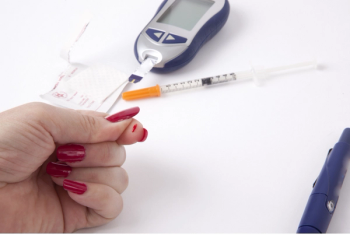
The company is also launching Rezvoglar, a biosimilar to Lantus injection, for $92 per 5-pack of KwikPens.